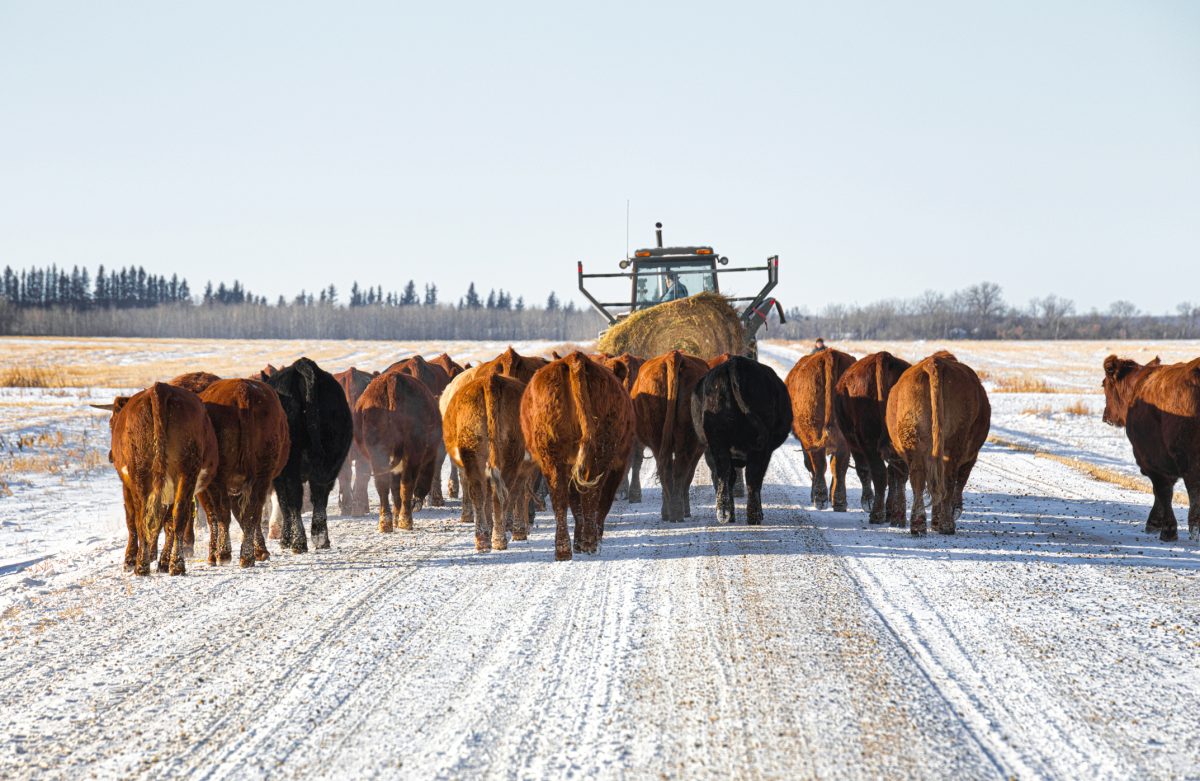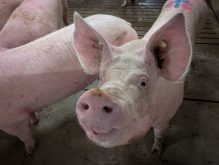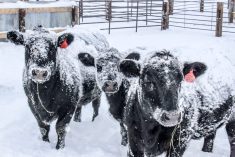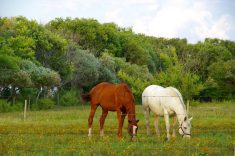The Ontario government has filed to appeal last month’s court ruling that allows a “cow-share” program to distribute unpasteurized raw milk to willing consumers.
Lawyers for the province last week filed a notice of appeal with the Ontario Court of Justice at Newmarket, the same community where Justice of the Peace Paul Kowarsky on Jan. 21 found for the program’s organizer, Durham dairy farmer Michael Schmidt.
Kowarsky had ruled that Schmidt’s scheme was not a violation of Ontario’s public health rules or milk marketing regulations, as there was no selling or marketing for the product.
Read Also

Klassen: Western Canadian calf prices ratchet higher
For the week ending January 24, Western Canadian feeder cattle markets traded $10/cwt lower to $10/cwt higher compared to seven…
The cow-share program distributes raw milk to members of a co-operative who own shares of the cow.
Kowarsky’s ruling essentially exempts such schemes from provincial and federal laws requiring that milk sold commercially must be pasteurized.
The cow share program’s members, he ruled, “consume the milk at their own risk” and are not the “vulnerable” people for whose protection the laws on pasteurization are written.
Kowarsky’s ruling, hailed by Schmidt and his supporters, drew concern from the Dairy Farmers of Ontario, which had urged the province to appeal.
“Actual harm”
“At a time when all other public health developments are focusing on the critical task of continuing to improve food safety and public health, actions that put public health at increased risk are not in the public interest,” the DFO said last month.
In their notice, lawyers for the province claim Kowarsky “misapprehended and misapplied” evidence in the case, saying he didn’t make any determination as to whether Schmidt operated a milk plant or carried on business as a distributor.
The province also claims Kowarsky found “no evidence” anyone had become ill from drinking raw milk from the share program’s dairy cows, “despite the evidence of Ontario’s expert witnesses that many cases of milkborne illness go unreported and undiagnosed.”
The January ruling in Schmidt’s favour also “failed to place the onus of establishing an exemption” on the defence, while creating a burden on the Crown to “establish that actual harm had occurred,” the province wrote.
And Kowarsky erred in his holding that the laws on milk and public health under which Schmidt was charged in 2006 “are ones that members of the public can opt out of through private contractual arrangement,” the province wrote.
A spokesman for the provincial agriculture, food and rural affairs department said Wednesday that the province would not comment further as the case is before the courts.















